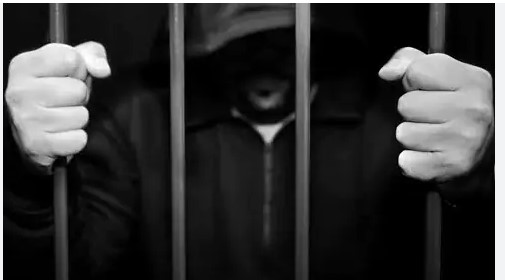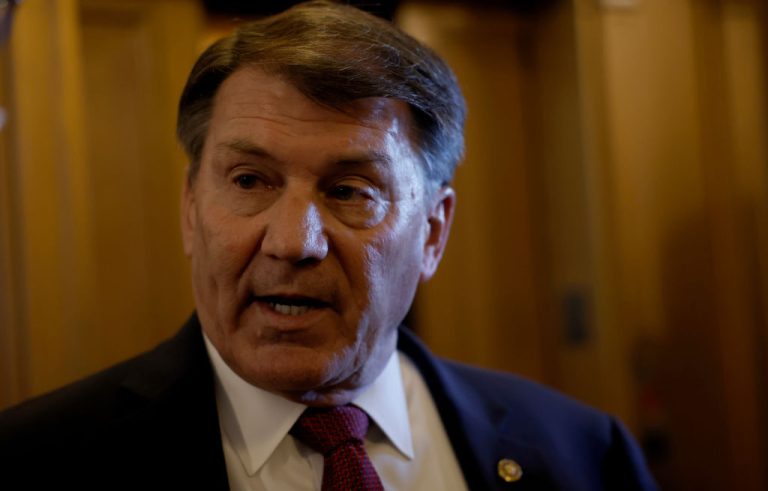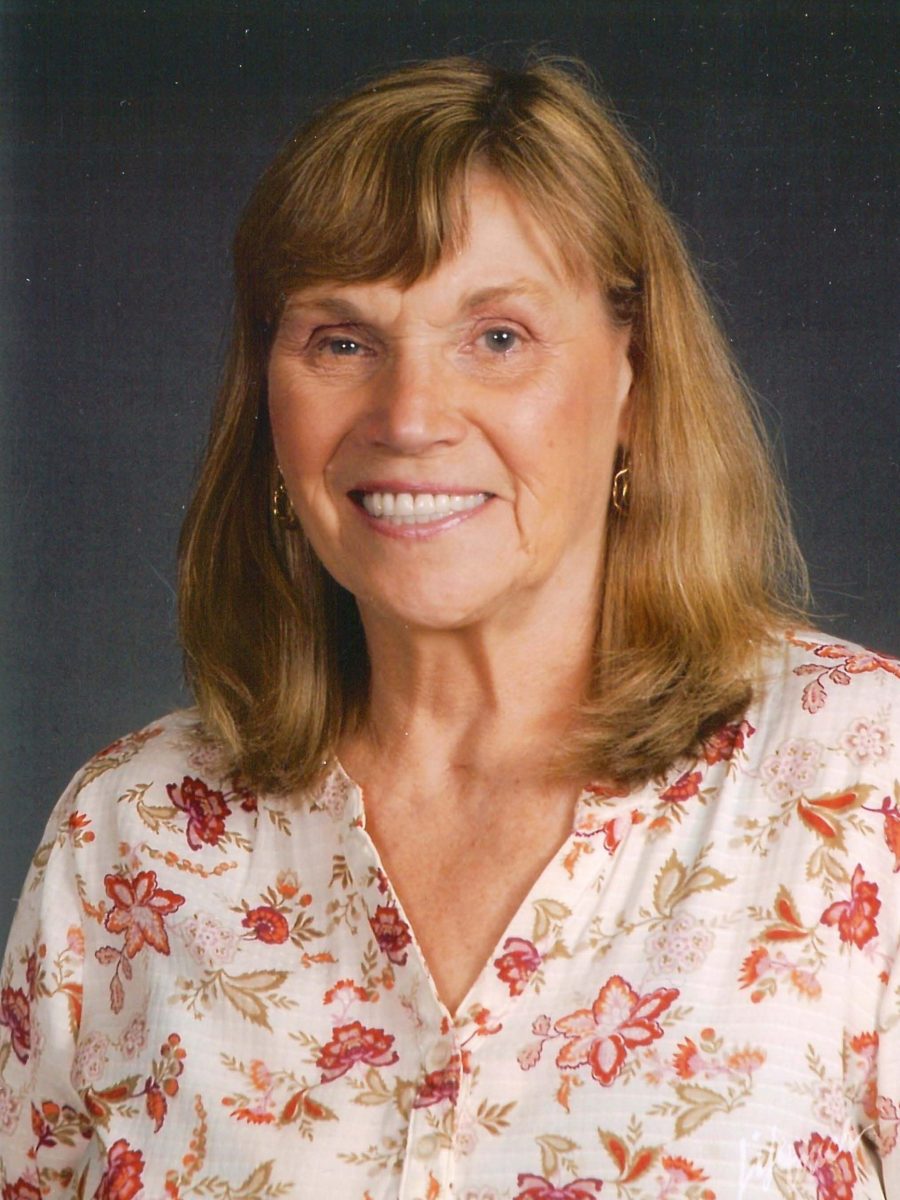PIERRE, S.D. – Two very similar bills, SB 97 and 98, found two very different results in the statehouse. The only difference – the age of the victim.
Senate Bill 97, a bill that would amend South Dakota’s rules of evidence to allow evidence of prior sexual assaults — including un-convicted sexual assaults — if a judge deems that evidence meaningful for jurors, was killed on the House floor.
In earlier testimony before the legislature and part of a South Dakota Searchlight story, Pennington County State’s Attorney Lara Roetzel pointed to a defendant convicted in 2014 for the fourth-degree rape of a 15-year-old coworker. He was given a suspended imposition of sentence, which clears a conviction from a person’s record under a time frame and terms of good behavior set by a judge. In 2018, he was accused of forcibly raping another coworker, but that case wasn’t prosecuted, Roetzel said, in part because prosecutors couldn’t reference the 2014 crime. Three years later, he was indicted for the rape of an 8-year-old in Lawrence County and on 20 counts of child pornography possession in federal court.
That case shows that a judge ought to be allowed to admit what’s known as “propensity” evidence in rape cases, Roetzel said.
“The federal prosecutors are regularly allowed to present this kind of evidence. Our state prosecutors ought to be allowed to use them, as well,” she said.
The bill was ultimately defeated.
Senate Bill 98, which is the same as Senate Bill 97 – except for trials involving child sexual abuse, passed the same chamber.
Both bills were sponsored by Rapid City Republican Rep. Becky Drury. She said both aimed to level the legal playing field in sexual abuse trials.
“I think it was a good move for the state of South Dakota, anything we can do to protect children who have been molested is a good step,” Drury said. “It’s easier to vote to protect children than almost anything. I think a lot of them felt with the first bill, 97 with sexual assault, it could turn into a he-said-she-said kind of scenario, although that is not what it is. That is absolutely not what that law is.”
Drury said the death of 97 doesn’t mean the end of the wider debate.
“We are going to fight hard for that,” Drury said. “We not only need to protect children – we need to protect victims. We need to dispel this myth that if somebody just comes up and says, ‘this happened 40 years ago’ and now they’re going to bring it against you. That is absolutely not how or what a judge is going to allow in testimony and bring it back next year and pass it.”
This type of testimony is currently allowed for these cases at the federal level, but not in South Dakota.
Twelve lawmakers switched their votes between 97 and 98 though, including Dakota Dunes Republican Rep. Bill Shorma. He said it’s a matter of communication.
“I gave it a lot of thought and I listened to some of the testimony and the fact that – children don’t even know how to describe appropriately what happened to them,” Shorma said. “Children have a difficult time communicating, I want to make sure if there is a situation, it becomes part of the record in court.”
The bill now heads to the governor’s desk.












